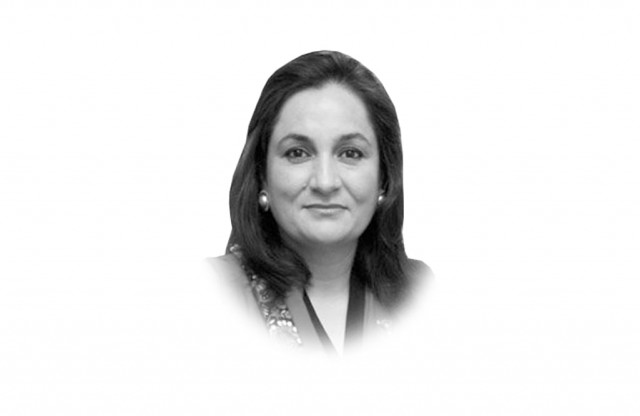Literacy and citizenship
Literacy and education could turn the population into a resource rather than a burden on the country.

Literacy and citizenship
Current conflicts and disasters have brought forward many glaring gaps linked to a government that should cater to the masses. As the country grapples with survival, we see violations of rights, as in the case of a journalist for speaking the truth, violence against two brothers in Sialkot, accusations of match-fixing by our cricketers and massive corruption in all walks of life. There is something very wrong with the fabric of our society and that is based on what we call literacy and education.
At first glance it appears that 54 per cent of the country’s population is literate. However, estimates of literacy rates are meaningless in Pakistan, where literacy is only reading and writing your name. At present there are 47 million illiterate adults in the country, and it is projected to be almost 50 million by 2015. Our country will be one of the few in the world where the illiterate population is growing. There are 6.8 million children between the ages of five and nine out of school. Less than one-quarter of Pakistani girls complete primary schooling. 30 per cent of children enrolled will be out of school before grade five.
A report by The Center for Universal Education at Brookings stated that poor education creates widespread grievances, negative worldviews, and opportunities for militants to recruit because schools fail to impart critical citizenship skills.
Our education system has furthered discrimination and oppression. It has not been able to link the general population to a global reality and their position in the world, and to widen the horizons of the beliefs, attitudes and behaviours. Most importantly, what is missing is the absence of critical thinking skills and citizenship in students. It is widely recognised that the social objective of education is nation building and installation of civic values.
The situation has to be turned around immediately as an opportunity rather than a lost cause. The recently constituted Pakistan Education Task Force brings together international and national expertise to draw attention to some of the huge challenges in the education sector.
It is clear that the state cannot be the only provider of good quality education and literacy, and there has to be a synergy between the public and private sectors. Expectations of parents are extremely important, as is reaching out to the district levels.
Vitally, we must have a national strategy for helping our youth realise their potential, so that they comprehend literacy as a skill and a right, and not just a means to a job. Citizenship remains crucial as the need of the hour is to be true to ourselves and to the country, as we face other challenges. Everyone must play a strong role in advocating social change for literacy. We all have a part to play in carving a direction for our massive population.
Published in The Express Tribune, September 22nd, 2010.















COMMENTS
Comments are moderated and generally will be posted if they are on-topic and not abusive.
For more information, please see our Comments FAQ